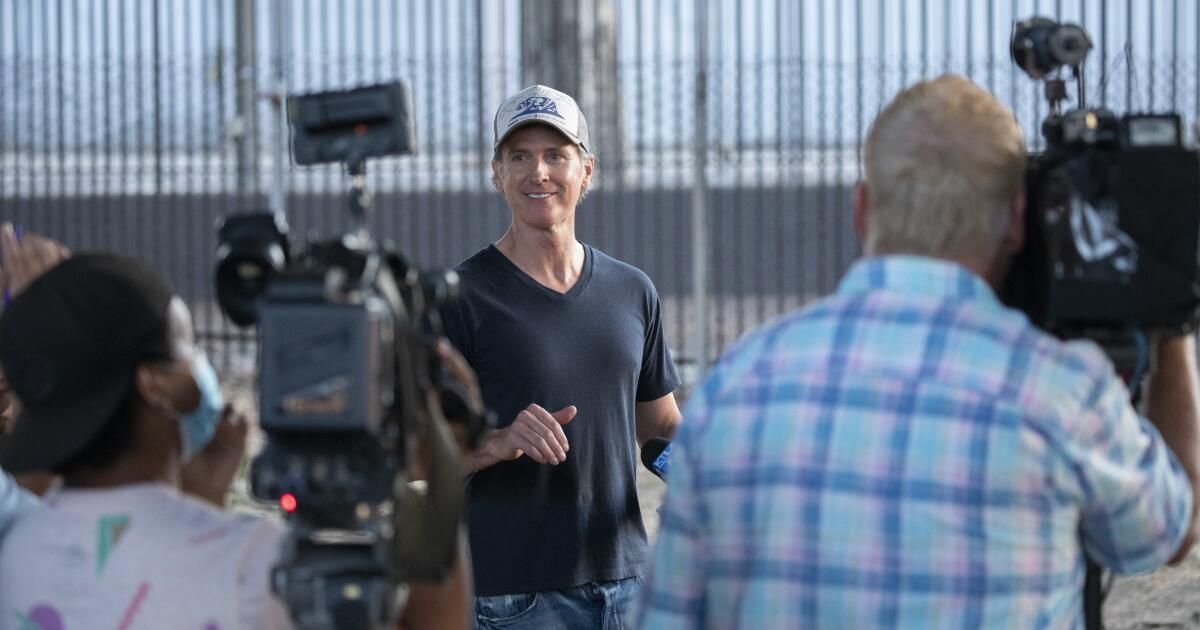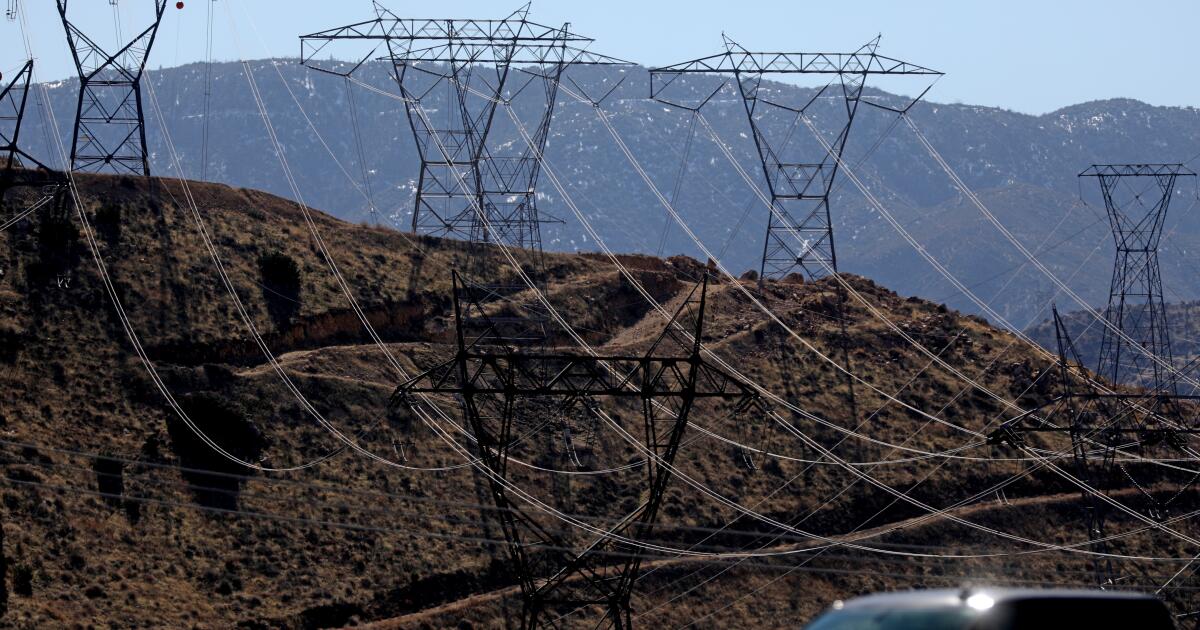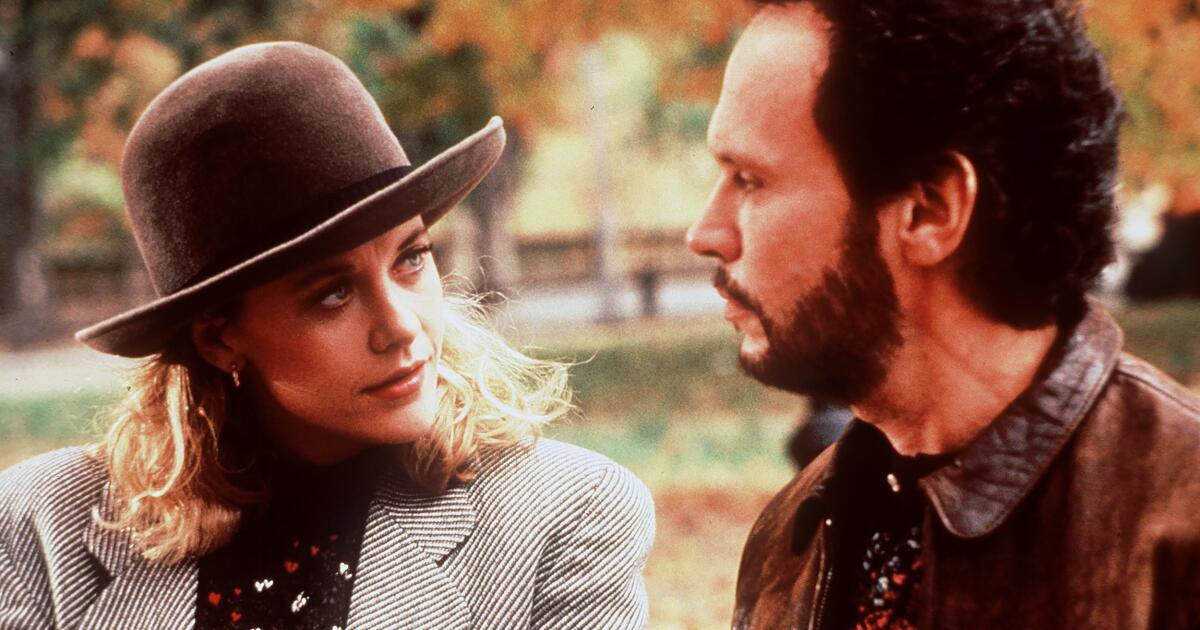In the three years since Governor Gavin Newsom announced the Clean California initiative, thousands of people who otherwise would not have found work have removed enormous amounts of trash and trash from state highways and the land around them.
The $1.2 billion effort substantially increases the California Department of Transportation's regular trash removal and resulted in the collection of more than 2.3 million cubic yards of trash, enough to fill 700 Olympic-sized swimming pools, according to the governor's office. Clean California also offered grants to clean streets, and Caltrans organized “dump days” that brought in thousands of mattresses and tens of thousands of tires. Along the way, cleanups turned vacant lots into spaces the public can use; In San Francisco, one site is now a tree nursery at the foot of the Bay Bridge.
Just as important as the cleanups are the jobs the initiative created. Clean California has funded the employment of thousands of workers who have the most difficulty getting hired, primarily those who are or were homeless, or who spent time in prison or jail.
But now the entire Clean California initiative is about to disappear. With it goes the $50 million annual budget that allowed the Back2Work transitional employment program to subcontract with nonprofit agencies to hire work teams.
Clean California was not one of the programs cut to balance the state budget for the new fiscal year that begins July 1. It was always scheduled to end after three years, although it could have been renewed if the state had not faced a $45-billion budget shortfall. With housing and welfare programs in its sights, Clean California was not on the Legislature's list of priorities.
We know state leaders are struggling with difficult decisions, but it is heartbreaking to see cuts to programs dedicated to hiring people for whom employment is desperately hard to come by. Housing, of course, is what homeless people need most. But homeless people also need (and want) jobs. People leaving jail and prison also need jobs, but they must fight bias against hiring formerly incarcerated people who may lack the skills to be hired. In all of these cases, work is not only a source of income but a stabilizing force in people's lives.
While there is still $25 million left in Clean California's budget to hire these workers, it won't go very far. The 100 crews statewide that worked for Caltrans through the Clean California program will be reduced to 48 next month.
One of the affected agencies is Chrysalis, a Los Angeles-based nonprofit that places hundreds of underserved workers in various jobs and offers a job readiness program. Hired 15 teams to reduce trash for Caltrans, funded through Clean California. But with funding about to run out, four of those teams have already been closed and Chrysalis expects to close three more by the end of this month, leaving about 90 people (both team members and supervisors and operations managers ) without resources. work.
It is terrible that these workers are losing well-paying jobs due to loss of funding. Chrysalis pays $18 an hour and its jobs are meant to be transitional, offering people experience and a bridge to higher-paying, longer-term careers. And the nonprofit accepts workers who are still on probation or parole and works around those requirements.
If Clean California cannot fund these programs, then we would like to see other local officials and businesses hire these workers and others in similar transitional employment programs. They could do what some Business Improvement Districts already do and hire Chrysalis for jobs that may include trash pickup, graffiti removal and sidewalk pressure washing. All Los Angeles City Council district offices have discretionary funds. Council members should consider hiring some of these cleaning crews.
Although Chrysalis and other agencies will continue to supply workers to Caltrans through pre-existing contracts, Clean California provided a large increase in hiring. When the financial picture improves, we hope the current or future governor will revive Clean California and the important work of helping vulnerable people find stable work.
Clean California may disappear, but California is far from clean. There are many streets, sidewalks and parks that need attention. And there are groups of people eager to get the job.












